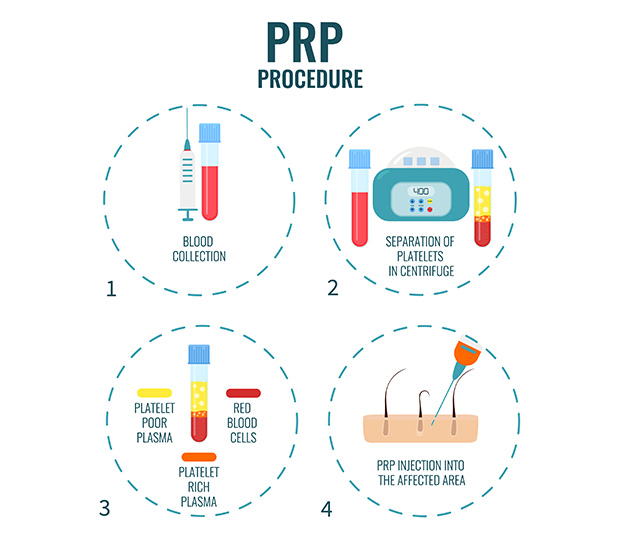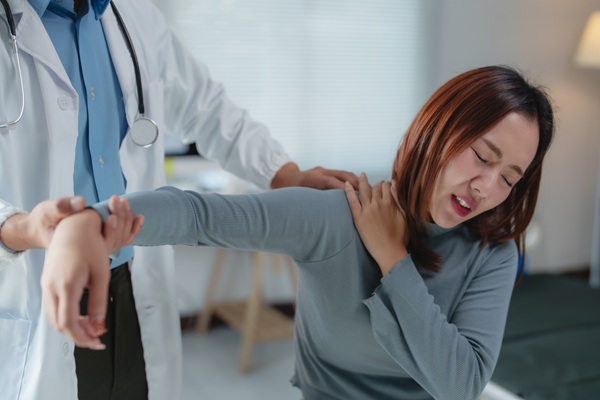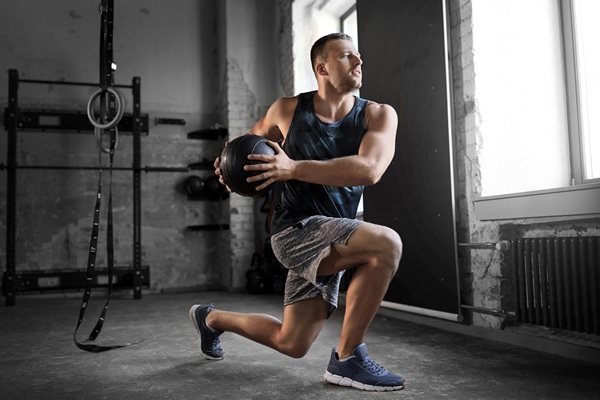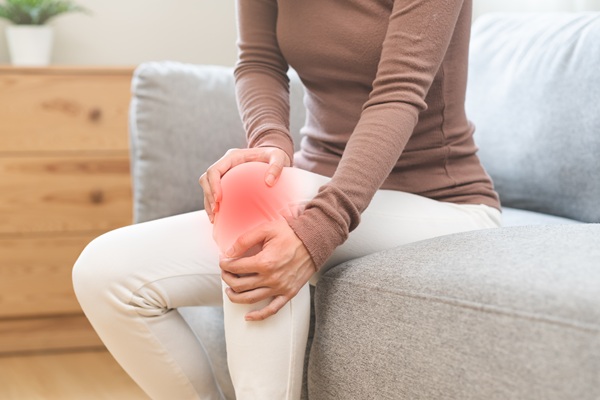PRP TreatmentOoltewah, TN
PRP treatment uses the patient's own blood to speed up healing. Many patients find it a preferable alternative to more invasive treatments. PRP treatments are an increasingly popular form of therapy.
PRP treatment is available at Spine & Joint Regenerative Medicine in Ooltewah and the surrounding area. We can help your body heal itself. Call us today at 423-424-1529 to schedule an appointment or learn more about our services.
What Is Platelet Rich Plasma (PRP)?
Plasma is a liquid that makes up most of the blood. It contains red blood cells, white blood cells, and platelets — the latter of which are integral in clotting blood. Platelets also contain hundreds of proteins known as growth factors, which are essential in healing injuries.
Platelet-rich plasma, or PRP, is plasma with a higher concentration of platelets than usual. In turn, the concentration of growth factors may be five to 10 times richer than the average. PRP treatment involves taking a sample of the patient's blood, separating the platelets from the other blood cells, and increasing their concentration during a process called centrifugation.
How PRP Treatment Works
There are over 30 healing bioactive proteins and seven healing protein growth factors in platelets. PRP also contains three types of proteins that assist cells in adhering to one another, which is an integral component of healing. In other words, PRP treatment can activate various complex healing processes while reducing inflammation cells and enhancing cellular growth.
PRP treatment is still a relatively new procedure — and, as such, further research is necessary to determine just how the treatment works. Regardless, according to the American Academy of Orthopaedic Surgeons (AAOS), existing literature has proved that PRP treatment has the potential to expedite the healing process. This may be done through injection into the injured area. Some patients may also opt for PRP to improve healing after surgery.
Conditions Addressed by PRP Treatment
According to Healthline, PRP treatment can be useful for a variety of conditions. These include but are not limited to acute injuries, postsurgical repair, and osteoarthritis.
While patients should keep in mind that PRP treatment is still an emerging therapy, more and more literature has been proving the effectiveness of PRP in treating joint and back pain. However, various factors may affect the effectiveness of PRP treatment. These include::
- The area being treated
- The patient’s overall health
- The preparation of the PRP
- Whether the injury is acute or chronic
What to Expect During PRP Treatment
As mentioned earlier, we must draw a sample of the patient's own blood to perform PRP treatment. We do this using a machine to separate the platelet-rich plasma from the rest of the blood. Afterward, the practitioner will numb the treated area before injecting it with the plasma.
In some cases, we may also use ultrasound technology to ensure that we are targeting the correct area. Most injections take only 30 minutes; however, it depends on the area being treated. Once the platelets are in the treated area, they will disintegrate and release growth factors to help repair and renew cells.
Potential Side Effects of PRP Treatment
PRP treatment is a generally safe procedure, especially when conducted by an experienced professional. However, as it involves injecting a substance into the skin, some side effects are still possible. PRP is autologous, meaning it involves substances derived directly from the patient's own body. As such, the risk for allergic reactions is lower than compared to any other medications. Still, the injection itself may carry risks, such as:
- Infection
- Nerve injuries
- Pain at the injection site
- Tissue damage
Our team will discuss any potential risks associated with the procedure and do everything necessary to minimize any negative side effects.
Call Us Today
With PRP treatment, you can help speed up the healing process. We at Spine & Joint Regenerative Medicine can help. Call us today at 423-424-1529 to schedule an appointment or learn more about our services.
Frequently Asked Questions
How long does it take to recover from PRP therapy?
Depending on your case, the practitioner may recommend you rest the affected area after your injections. However, such recommendations typically have more to do with the injury itself than the injection. Most patients are able to return to their day-to-day activities after PRP treatment.
Does PRP treatment hurt?
It is not uncommon for the treatment area to be sore for two or three days, and you may experience some bruising. Still, acetaminophen is typically enough to ease any discomfort. If you are experiencing severe pain, call our office immediately.
How long do the effects of PRP therapy last?
The answer varies on a patient-by-patient basis. Generally, PRP therapy takes at least six months for its effects to be most noticeable. Repeat treatments may be necessary to maintain results. Additionally, according to the American Academy of Orthopedic Medicine (AAOM), patients may receive up to three PRP injections within a six-month time frame.
How will I know if I am a candidate for PRP treatment?
An initial consultation is the first step to getting PRP treatment. During this visit, the practitioner will give your medical history and current complaints a comprehensive overview. He will also conduct a thorough examination of your injury and/or condition. Once an official diagnosis has been made, we will discuss your treatment options and determine what is best for your recovery.
How many PRP injections will I need?
It depends on a variety of factors. Most patients require anywhere from one to three injections. Factors to consider include the chronicity of the issue and the location of the affected area. The practitioner can give you a better idea of what to expect.
Can I work out after PRP treatment?
We recommend that you drink plenty of fluids after your treatment and avoid strenuous activity for a certain period. It is also best to avoid using non-steroidal anti-inflammatory drugs (NSAIDs) for at least four weeks, as these will impede the body's ability to heal itself. The practitioner can give you more detailed instructions during your consultation.
Check out what others are saying about our PRP Treatment services on Yelp: PRP Treatment Ooltewah
Contact Us
Spine & Joint Regenerative Medicine is located at 6711 Mountain View Road #115 B Ooltewah, TN 37363.





